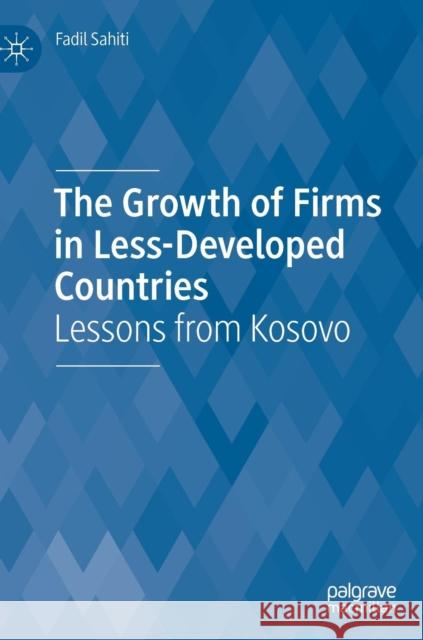The Growth of Firms in Less-Developed Countries: Lessons from Kosovo » książka
topmenu
The Growth of Firms in Less-Developed Countries: Lessons from Kosovo
ISBN-13: 9783030148201 / Angielski / Twarda / 2019 / 356 str.
Kategorie:
Kategorie BISAC:
Wydawca:
Palgrave MacMillan
Język:
Angielski
ISBN-13:
9783030148201
Rok wydania:
2019
Wydanie:
2019
Ilość stron:
356
Waga:
0.76 kg
Wymiary:
21.01 x 14.81 x 3.02
Oprawa:
Twarda
Wolumenów:
01
Dodatkowe informacje:
Wydanie ilustrowane











